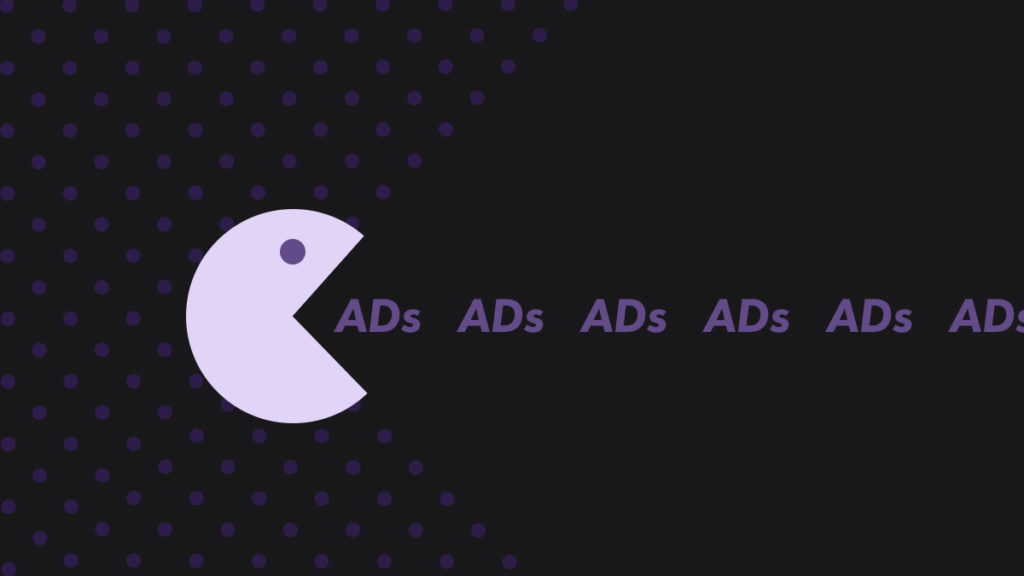While Google and Facebook dominate US digital ad spend, Amazon and Snapchat are slowly moving up the ladder.
Over the past two years, Google and Facebook’s share of new digital ad spend in the US has steeply declined. In 2016, the duopoly garnered nearly 73 percent of US digital ad spend, but will only account for 48 percent of it in 2018, according to eMarketer.
Meanwhile, Amazon is on track to become the number three digital ad seller by 2020. The retail giant’s ad revenues are growing at 64 percent, and are expected to exceed $2 billion this year.
Snapchat’s US ad revenue will surpass $1 billion for the first time in 2018, growing at a rate of 82 percent. The company is expected to scrape together a one-percent share of US digital ad spend this year, compared to 0.6 percent in 2017. While that doesn’t seem like much, it’s a sign that Snapchat means business.
Google and Facebook’s lack of competition for ad sales has raised numerous concerns across industries, from TV to journalism.
The duopoly and other tech giants pose a threat to TV networks’ ability to compete in the ad marketplace. Gaining leverage against these ad companies is a major reason for a proposed merger between AT&T and Time Warner, according to Daniel Petrocelli, the group’s lead attorney in an antitrust case.
With little faith in the media and a drop in advertising revenue, competition for news outlets to be seen on Google and Facebook has become a growing problem.
On Tuesday, Google introduced The Google News Initiative—a multifaceted strategy to help news outlets survive in the digital marketplace. The initiative includes Subscribe with Google, which allows users to subscribe to various outlets in one place, similar to a program Facebook launched for local news outlets last month.
Earlier this month, a bill was introduced that would allow media outlets to negotiate terms with Facebook, Google and other tech companies as a united front. The Journalism Competition and Preservation Act, introduced by Rep. David Cicilline, D-Rhode Island, is a response to concerns that access to news should not be limited to the highest bidder.
“Our papers need to be able to band together to negotiate with giants like Facebook or Google,” Susan Rowell, president of the National Newspaper Association and publisher of The Lancaster News said in a press release. “This legislation will help to ensure that we are treated fairly.”

